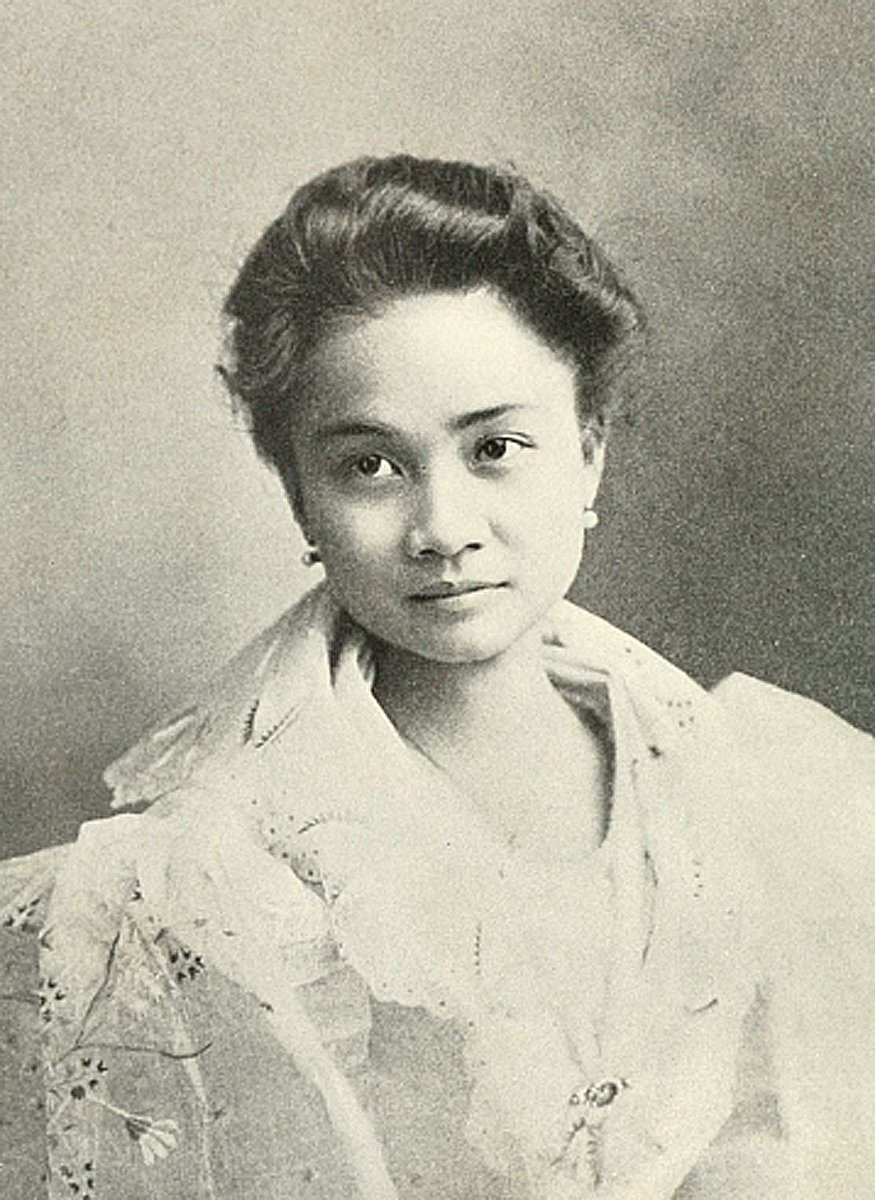
#TodayinHistory in 1978, after the elections for seats in the Interim Batasang Pambansa under Martial Law, incarcerated Ninoy Aquino, who ran for elections in a bid to oppose the dominant Kilusang Bagong Lipunan party, declared a "moral victory." THREAD. #PH #history 

Upon Pres. Ferdinand Marcos' declaration of Martial Law on 23 Sept 1972, opposition senator, Ninoy Aquino, was top 1 in the list of people to be arrested, together w/ dissenting lawmakers, journalists, activists, etc.
https://twitter.com/indiohistorian/status/1440999243083182092?s=21&t=wIRWaavXav6o-EkU8Odt6A
W/ SC affirming the 1973 Consti giving Marcos both Executive & Legislative powers, the Consti mandated a transitionary unicameral legislature, the Interim Batasang Pambansa, as #PH shifted from presidential to presidential-parliamentary form of gov.
https://twitter.com/indiohistorian/status/1251450092675981312?s=21&t=wIRWaavXav6o-EkU8Odt6A
Having consolidated all powers in 6 years since 1972, neutralizing the opposition, #Marcos held a referendum in 1977, w/ the question: "Do you vote that Pres. FM Marcos continue in office as incumbent president & be prime minister after the org of Interim BP in 1978?"
With 89.3% yes votes in the said referendum (*integrity of this election is disputed since civil liberties were curtailed), elections went ahead on 7 April 1978. It was the first election in the 7 years of dictatorship. The electoral setup was stacked up against the opposition.
Ninoy Aquino, despite being in prison in Fort Bonifacio, urged his new opposition party, the Lakas ng Bayan (LABAN), to field at least 21 candidates in the legislature. While it didn not win any seats, other ally opposition parties like Pusyon Bisaya...
https://twitter.com/indiohistorian/status/1510890415859593219?s=21&t=wIRWaavXav6o-EkU8Odt6A
... Mindanao Alliance, & Konsensiya ng Bayan won their respective constituents, mostly in Cebu, Negros Oriental, & Bohol. The opposition seats totaled to 16. #OnThisDay, Aquino released a statement thanking his supporters:
"[We] thank you for your support. We have achieved a moral victory. But our euphoria is tinged w/ sadness, bec yesterday it was not the people but our own President who was cheated from knowing the TRUTH—the real, objective extent of our people's alienation from the [regime]..." 

Photos:
- Ninoy Aquino on trial, undated, from the Freedom Memorial Museum
- The LABAN Manifest, 8 April 1978, from the Presidential Museum & Library
For @subselfie.
@tonitiemsin
@jmnualla
- Ninoy Aquino on trial, undated, from the Freedom Memorial Museum
- The LABAN Manifest, 8 April 1978, from the Presidential Museum & Library
For @subselfie.
@tonitiemsin
@jmnualla
• • •
Missing some Tweet in this thread? You can try to
force a refresh










